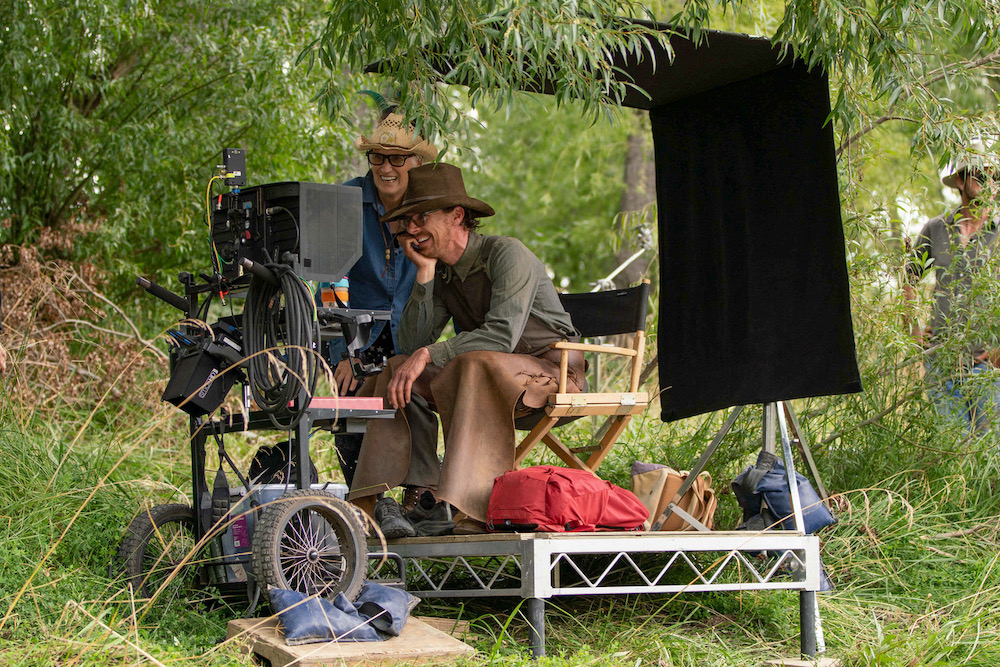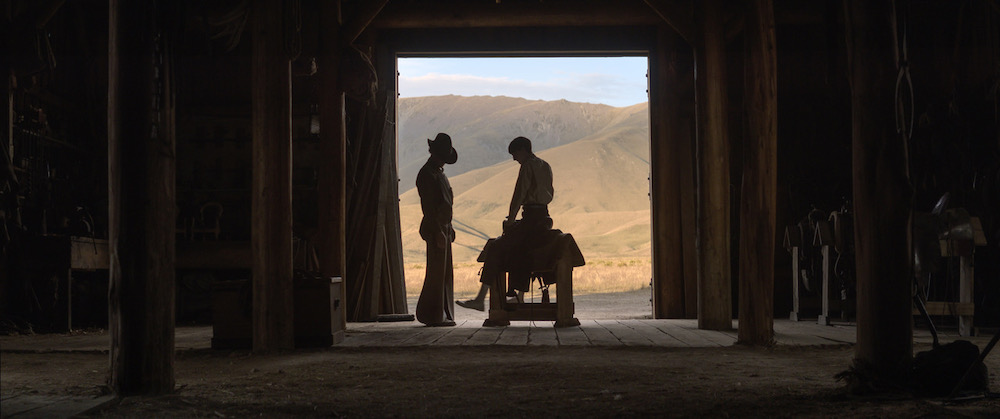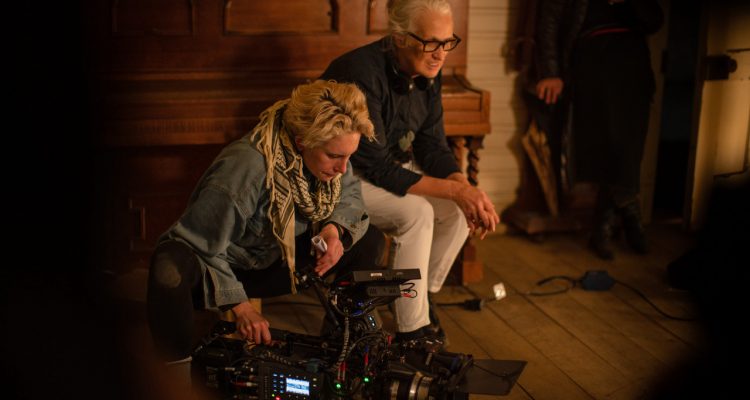Coming off her Critics Choice win, Australian cinematographer Ari Wegner is arguably the frontrunner for her Oscar nominated work as director of photography on Netflix’s The Power of the Dog.
Wegner is the second female to receive a nominated in this category, following Rachel Morrison brilliant work for Mudbound. If Wegner brings home the trophy, it will be Oscar history and one of the more deserving stories to come out of awards season.
“It was figuring out how to not be employed for an entire year (before officially starting the production)… I figured out how to live fairly frugally,” Wegner shares. It seems her sacrifice and dedication were a key factor in the film’s impressive twelve Oscar nominations.
Jane Campion’s psychological drama, adapted from the popular book, takes place in 1920s Montana. The film has been praised for its methodical control over themes of resentment, grief and solitude.
Wegner undertook immense preparation to translate the novel to the screen. “I really wanted to get started and it was all I could think about as soon as I got the job,” shares Wegner. “It wasn’t the kind of film you could kind of just arrive and hope for the best, so I wanted it to be as good as the book, as good as the script, and by the end of pre-production, to feel like I’m ready to shoot.”
Wegner spoke with Awards Focus about her first conversation with Jane Campion about joining the project, breaking down the tense banjo scene into a single eye-line, and the effects of a three month shut-down in New Zealand on the story during COVID.

Awards Focus: How was that first meeting with Jane Campion about working on The Power of the Dog?
Ari Wegner: It was a phone call out of the blue. I had worked with Jane on a commercial about three years before, which was not something she usually does. Afterwards, we both went our ways and did our separate things. Then, unexpectedly, she called me and asked what I was up to for the next year or two? That’s always an exciting proposition when you hear someone ask you that.
AF: When you’re asked to come onto a project a year early, how does that work for you logistically to put that much time onto a film?
Wegner: It was figuring out how to not be employed for an entire year. This was before the real pre-production starts, which is usually twelve weeks before the shoot.
Once I got the job, it was a choice, I really wanted to get started and it was all I could think about. So, I figured out how to live fairly frugally, but anything is possible when you are really passionate about something.
I knew it wasn’t the kind of film you could kind of just arrive and hope for the best. I wanted it to be as good as the book and as good as the script, and by the end of pre-production, to feel like I’m ready to shoot and I’ve got nothing left to prep.
AF: When you were breaking down the script, was there a particular set of scenes or sequences you really wanted to dive into first?
Wegner: Jane and I think in different ways. I tend to avoid the scariest bits first so I can work my way up to them, whereas Jane likes to dive straight into the hardest stuff because they’re the ones that will need the most conversation. It’s not going to be resolved in only one session.
The castration was incredibly difficult to shoot because, even though it goes on everyday around the world, it’s not something we wanted to do or were allowed to do on a film shoot for real. So there’s a vast amount of planning of the visual trickery and understanding what can be special or visual effects, and wanting it to be real enough to get that reaction.
The gauntlet scene where Peter walks between the guys at the camp was a huge one too. It’s one of the scenes that really stayed with me from the book. I guess there’s some scenes, when you read a script, that are vital to the premise, and the film wouldn’t have made sense without that scene of Peter and Phil meeting for the first time. Then there was also the last sequence where Phil has a big tantrum in the barn and Peter touches his arm. That was a delicate task to get to what each character knows, what the audience knows and piecing it together.

AF: There’s a lot of weight to the dueling banjo and piano scene, and how it was shot. What’s your first instinct when it comes to capturing a scene so loaded with tension?
Wegner: I love that scene and how it turned out. The shot looking down on Rose at the piano was one of our early frames that we created. A lot of the house was then designed around that eye line and that connection of Rose looking up to Phil’s room. It was important for us to be able to see her on that particular angle because there’s a high genre feeling to it like a horror film, and that energy of a vampire monster in the house type of thing. It’s so psychological for Rose.
However, the way we shot Phil was not her direct POV. She can’t actually see him but in many ways you feel like the shots of him, these extreme low angles looking up and the really big boots, and the hands on the banjo. He has a kind of hawk energy, and she’s an animal that’s stuck. There’s a monster in the house, and you know it to be, and you live there too.
AF: When Covid hit, how much was there left to shoot and how quickly did you realize the inevitability of a shutdown?
Wegner: New Zealand did an incredibly tough lockdown for about three months and then we came back together. It gave us, in many ways, extra pre-production, and something to do while we waited not knowing if we would start up again. We were able to reflect on what we’d already done and continue planning to the end. Luckily we had started the shoot with the exterior work and we’d finished it, so we only had the scenes in the studio left. Our team became a lot less like a kind of film crew moving around and more like a normal workplace where people could be coming into work. Jane also had a few revelations and wrote a new ending changing one little detail.
AF: What detail was changed?
Wegner: [laughs] I don’t know, I might have to check before I can tell you. It wasn’t a big change, just there was one particular prop that she realized should be different. But I guess that’s what happens when you get some sleep and a bit more time.
Matthew Koss contributed to this piece.


